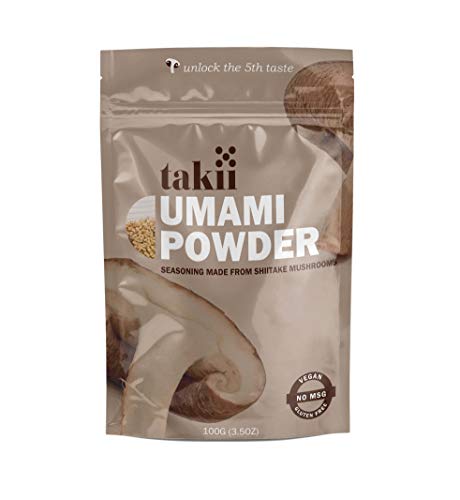





MSG, or Monosodium Glutamate, is a common ingredient used in Asian cuisine to add flavor to dishes. For beginners, shopping for MSG can be an overwhelming experience. Here are some tips to help you on your MSG shopping journey:
1. Check the ingredients list – When shopping for MSG, check the ingredients list for monosodium glutamate or its alternate names, such as yeast extract, autolyzed yeast, hydrolyzed vegetable protein, or glutamic acid. These are all common names for MSG.
2. Read the labels – When reading product labels, look for sources of MSG that may not be listed on the ingredients list, such as natural flavors, artificial flavors, spices and enhancers. If any of these items are included in the ingredients, it’s likely that MSG has been added.
3. Look for the “No Added MSG” label – Many products are labeled “No Added MSG”. This means that no MSG has been added to the product, however, it may naturally contain MSG in small amounts. If you want to avoid consuming MSG, these are the best products to buy.
4. Choose low-sodium products – Many products labeled “Low Sodium” or “Reduced Sodium” are also low in MSG. Choose these products if you are trying to reduce the amount of MSG you consume.
5. Buy organic products when possible – Organic products tend to have fewer additives, including MSG. Look for USDA Certified Organic products for the best assurance that MSG has not been added.
By following these tips, you can make sure that you are buying the right MSG for your meals. Happy shopping!





The shopping guide for MSG, the flavor enhancer, begins with understanding what it is, and how it is used for cooking. MSG, otherwise known as monosodium glutamate, is a food additive used to enhance the flavor of savory dishes. It has an umami flavor, which is described as savory and meaty. Although MSG is found naturally in some foods, it’s commonly added to dishes in its processed form.
When considering purchasing MSG for your kitchen, you should be aware that it is available in a variety of forms, each with its own advantages and drawbacks. MSG is available in powder form, which is easy to add and measure out, but not as flavorful as other forms. Conversely, liquid MSG is more flavorful than powder, but it’s more expensive and takes longer to measure out. Lastly, granulated MSG can be found in many larger grocery stores, and it strikes a balance between the two other forms.
Once you have chosen the right MSG for your kitchen, it’s important to know where to store it. MSG should be stored in a cool, dry place away from light and moisture. Additionally, MSG should not be stored directly next to any other ingredients that contain sodium or sugar, as it may affect the flavor of the MSG.
Finally, it’s essential to understand how to properly use MSG. MSG should be added to the dishes near the end of the cooking process, typically after the vegetables have been cooked. It should also not be used in excess, as it will lead to an overwhelmingly salty flavor.
By following this beginner’s shopping guide for MSG, you’ll be well on your way to using this flavor enhancer in your own cooking.





Welcome to your shopping guide for MSG! MSG, or Monosodium Glutamate, is a food additive used to enhance the flavor of many dishes. It is commonly used in Chinese and other Asian recipes, but can also be used in all types of cuisine. MSG can be found in most grocery stores, either in a powder or crystal form. Here’s what you need to know when shopping for MSG:
Ingredients: When shopping for MSG, make sure to check the ingredients list carefully. Look for labels that say “monosodium glutamate” or “MSG”. Make sure that the ingredient list does not contain any hidden sources of glutamate such as hydrolyzed yeast, autolyzed yeast, yeast extract, or hydrolyzed vegetable protein.
Flavor Profile: While some people enjoy the flavor of MSG, others find it too salty and overly umami. Try a small quantity first and adjust the amount used in your dish based on your personal preference.
Health Concerns: There is often controversy surrounding MSG due to its possible health effects, including headaches and other negative reactions. If you are sensitive to MSG, it is best to avoid using it in your cooking. Talk to your doctor if you have any questions about MSG and its potential impacts on your health.